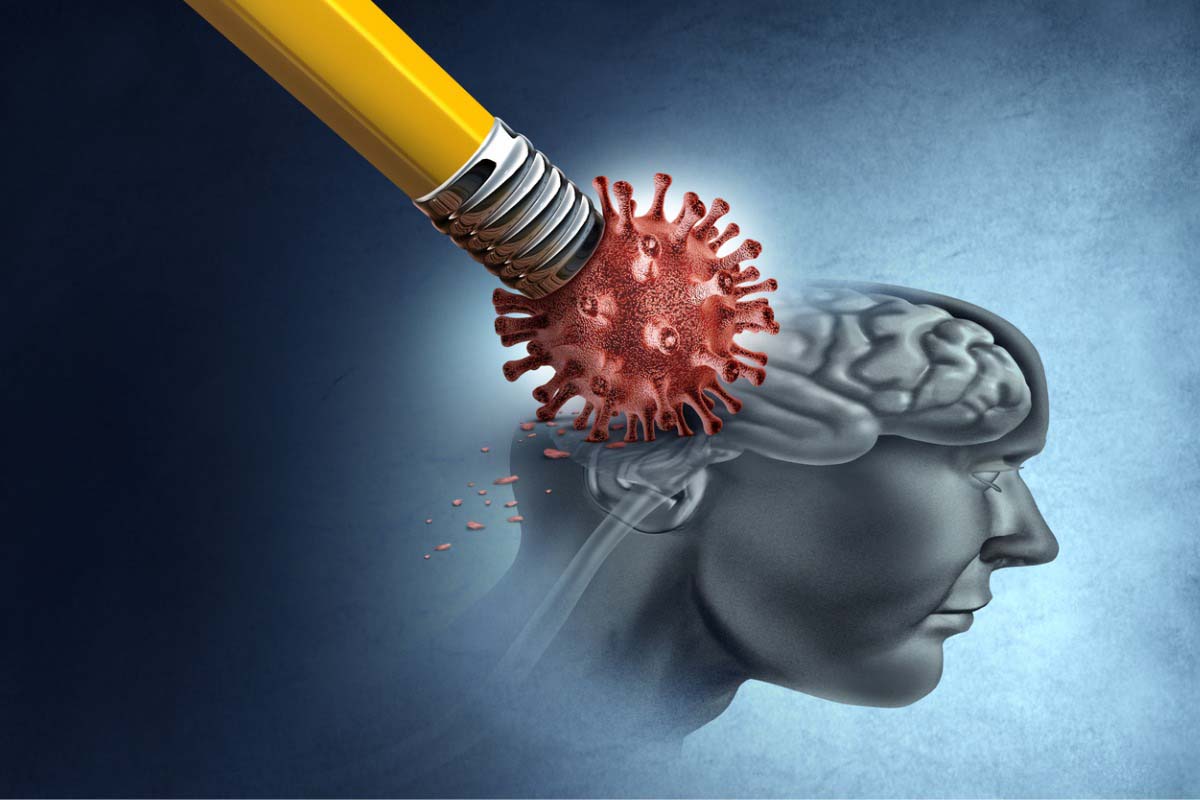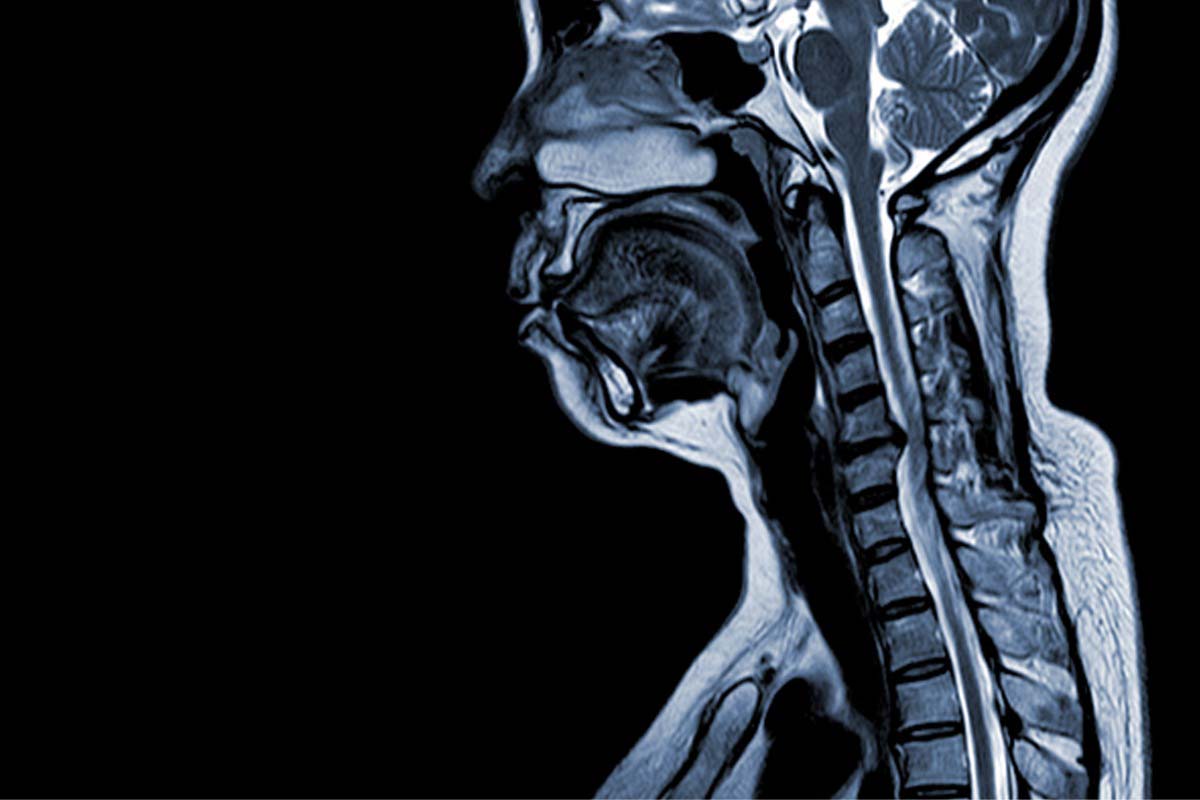
Association Between the COVID-19 Outbreak and Mental Health in India:
A Google Trends Study
As a result of the emergence of novel coronavirus disease 2019 (COVID-19), socioeconomic crisis and psychological distress rapidly occurred across the world.1 Although, there is growing concern regarding the impact of the pandemic on mental health, little is known regarding how the psychiatric needs of the population have evolved along with the spread of COVID-19 across India. The internet is an important source of information, and Google search trends can inform public interests related to mental health.2,3 The objective of this study was to use the Google Trends search volume index (SVI), a normalized value from 0 to 100, to understand whether changes in the number of COVID-19 cases and deaths are associated with SVI of contents associated with mental health in India.
Methods
Google Trends (https://support.google.com/trends/) was searched in India for the following keywords: suicide, depression, anxiety, and insomnia. Google Translate (https://translate.google.com) was used to convert keywords to Hindi. The SVI was retrieved for the period between March 12, 2020, and June 13, 2020. The Spearman rank correlation coefficients were analyzed in SPSS version 21 (IBM, Armonk, New York). Results were considered significant if the P value was less than .05.
Results
There were significant positive correlations between the SVI for all keywords in English and the number of COVID-19 cases and deaths in India: depression (r = 0.405, P = .000; r = 0.405, P = .000), anxiety (r = 0.668, P = .000; r = 0.668, P = .000), insomnia (r = 0.374, P = .000; r = 0.374, P = .000), and suicide (r = 0.240, P = .020; r = 0.240, P = .020) (Table 1). Moreover, there were a higher number of searches for the terms suicide and depression compared to other search terms (Figure 1).
There was also a significant positive correlation between the SVI for depression in Hindi and the number of COVID-19 cases and deaths (r = 0.214, P = .039; r = 0.213, P = .039). Whereas there was a significant negative correlation between the SVI for anxiety in Hindi and the number of COVID-19 cases and deaths (r = −0.268, P = .009; r = −0.268, P = .009), there were no significant correlations for insomnia (r = 0.059, P = .571; r = 0.059, P = .573) or suicide (r = 0.004, P = .969; r = 0.004, P = .966) in Hindi.
Discussion
In this study, a significant positive correlation was found between the SVI for all of the English search terms: depression, anxiety, insomnia, and suicide and the number of COVID-19 cases and deaths in India. These study findings are in agreement with the emerging scientific literature suggesting a significant increase in psychiatric morbidity among the Indian population following the COVID-19 pandemic.4 Moreover, media reports5 also indicate a significant increase in suicide rates among the Indian population following the COVID-19 pandemic. However, a discrepancy in interests in Google Trends keywords between English and Hindi users was found in the present study. Hindi users have shown a significantly higher interest in the term depression, but their interest in the keyword anxiety showed significant reduction with respect to the number of COVID-19 cases and deaths in India. Google users in Hindi also showed no significant increase in interest in the terms insomnia or suicide. These findings might indicate that Google users searching in Hindi are more resilient and have better adaptive coping strategies compared to Google users searching in English in India.
Received: August 6, 2020.
Published online: November 5, 2020.
Potential conflicts of interest: None.
Funding/support: None.
REFERENCES
1.Dubey S, Biswas P, Ghosh R, et al. Psychosocial impact of COVID-19. Diabetes Metab Syndr. 2020;14(5):779-788. PubMed CrossRef
2.Berger M, Wagner TH, Baker LC. Internet use and stigmatized illness. Soc Sci Med. 2005;61(8):1821-1827. PubMed CrossRef
3.Misiak B, Szcześniak D, Koczanowicz L, et al. The COVID-19 outbreak and Google searches: is it really the time to worry about global mental health? Brain Behav Immun. 2020;87:126-127. PubMed CrossRef
4.Varshney M, Parel JT, Raizada N, et al. Initial psychological impact of COVID-19 and its correlates in Indian community: an online (FEEL-COVID) survey. PLoS One. 2020;15(5):e0233874. PubMed CrossRef
5.Stress, self-injuries and suicide: India battles mental health crisis as COVID tally spikes. The Economic Times Sep 13, 2020. https://economictimes.indiatimes.com/industry/healthcare/biotech/healthcare/stress-self-injuries-and-suicide-india-battles-mental-health-crisis-as-covid-tally-spikes/articleshow/78087743.cms. Accessed October 13, 2020.
aDepartment of Psychiatry, Iqraa International Hospital and Research Centre, Calicut, Kerala, India
*Corresponding author: N. A. Uvais, MBBS, DPM, Iqraa International Hospital and Research Centre, Malaparamba, Calicut, Kerala 673009, India ([email protected]).
Prim Care Companion CNS Disord 2020;22(6):20br02778
To cite: Uvais NA. Association between the COVID-19 outbreak and mental health in India: a Google Trends study. Prim Care Companion CNS Disord. 2020;22(6):20br02778.
To share: https://doi.org/10.4088/PCC.20br02778
© Copyright 2020 Physicians Postgraduate Press, Inc.
Enjoy this premium PDF as part of your membership benefits!







